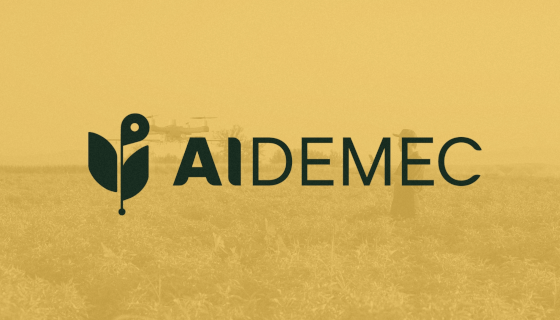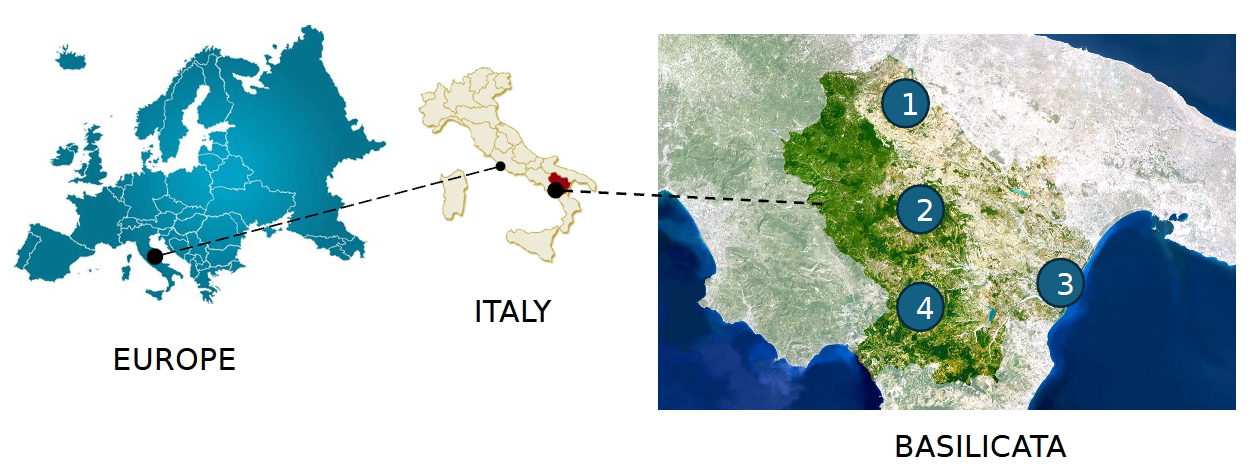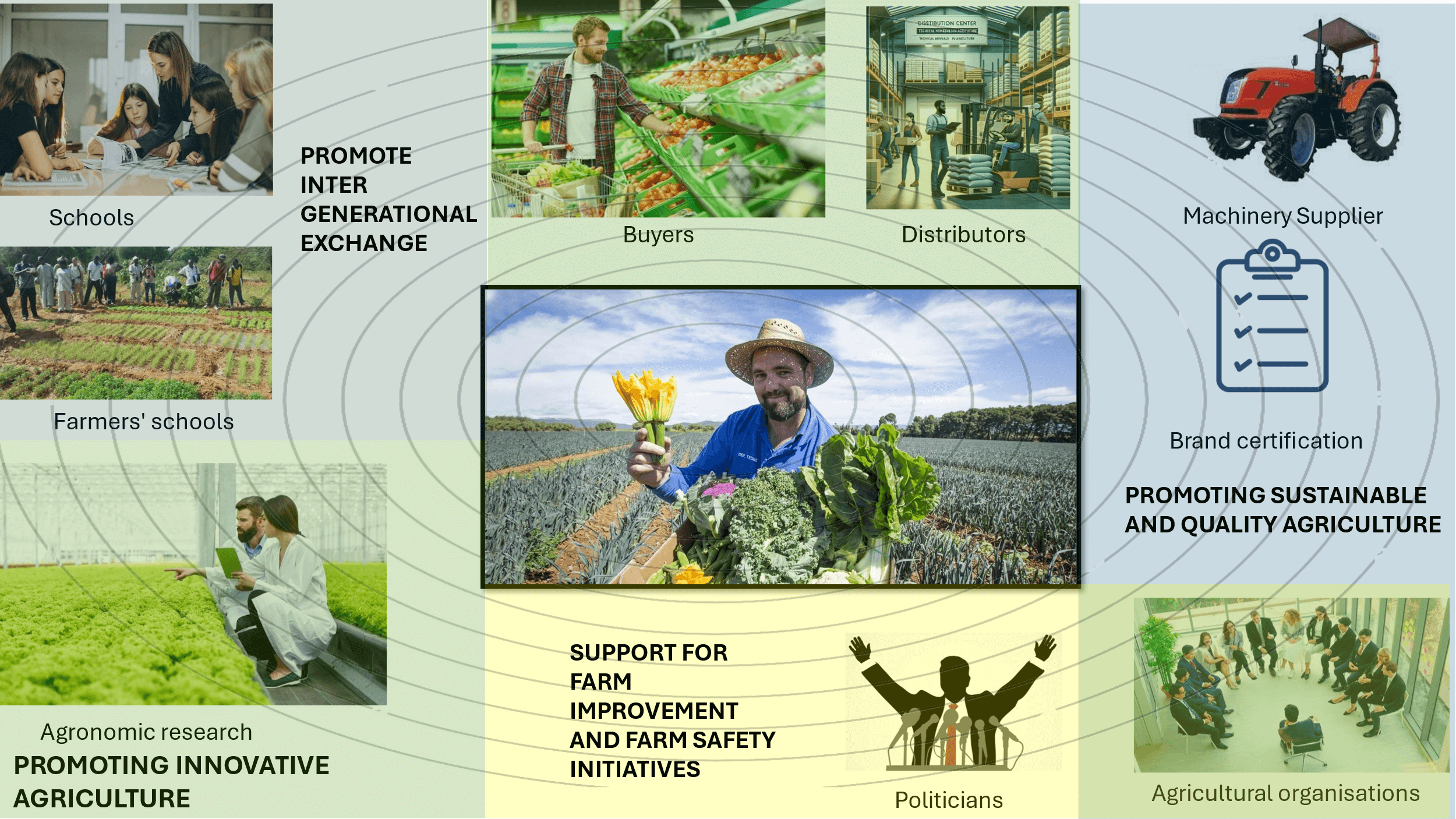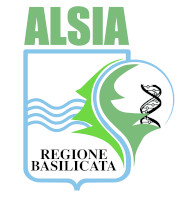AI system for detection of abiotic/biotic stress in Mediterranean crops

AIDEMEC
AIDEMEC uses agronomic, phenotyping and AI solutions for early abiotic and biotic stress detection.
The consortium is in the Mediterranean region and will focus on tomato, wheat, barley, Olives and beans. AIDEMEC sites are in 5 different sites covering diverse soil and weather conditions.
These solutions will then be transferred to farmers, engaging them and end-users to take corrective measures to protect crops and avoid yield loss in changing climate conditions.
About us
AIDEMEC will generate knowledge on the impacts of climate change on the selected crops and develop AI models for early detection of abiotic stress from aerial images.
Field trials and multispectral image datasets will allow training deep learning models to find indicators of biotic and abiotic stress. The resulting web platform will enhance real-time monitoring and early warning systems, enabling preventive actions to safeguard yields under changing climate scenarios.

Integration with the ECO-READY Observatory will increase the resilience and sustainability of Mediterranean agriculture.
During the LL span, the targeted crops will be analysed using sensors and through the analysis using artificial intelligence of vegetation indices obtained from multispectral images obtained from satellites (SENTINEL 2) and drones.
Location
Four experimental sites in different pedoclimatic areas of Basilicata

1.Lavello Tomato
2.Melfi Olive
3.Metaponto Wheat Barley Tomato
4.Marsico Nuovo Bean
Partners
AIDEMEC Goals
AIDEMEC will share the data gathered during the LL life with the Eco-Ready Observatory and will have an impact on several key actors in Mediterranean Agrifood systems:

Farmers:the monitoring platform will enable informed decisions to protect crops from stress and sustain rural livelihoods.
Consumers: Adaptive practices will maintain the supply of critical foods such as tomatoes and beans in the face of climate change.
Food industry: Better crop forecasting will allow processing and logistics to be planned.
Policymakers: Climate and crop data will inform policies to increase resilience.
Scientific community: AI datasets and models will inform adaptation research.
ECO-READY Observatory: Platform integration will strengthen monitoring and early warning capabilities.
Project engagements
Foster collaboration between farmers, suppliers, distributors and associations to promote sustainable agricultural practices and quality products.
Engage Policy maker and community leaders to support initiatives and policies that benefit farmers and promote food security.

Dissemination channels
AIDEMEC activities and results will be disseminated via Institutional Social Media

LinkedIn: Alsia Basilicata; smasp
Facebook: Alsia Basilicata; smasphelp; opagora
Instagram: alsiabasilicata; opagorametaponto
X: @alsiasocial
Web page:
http://www.alsia.it/
http://www.smasp.org/
https://opagora.org/


